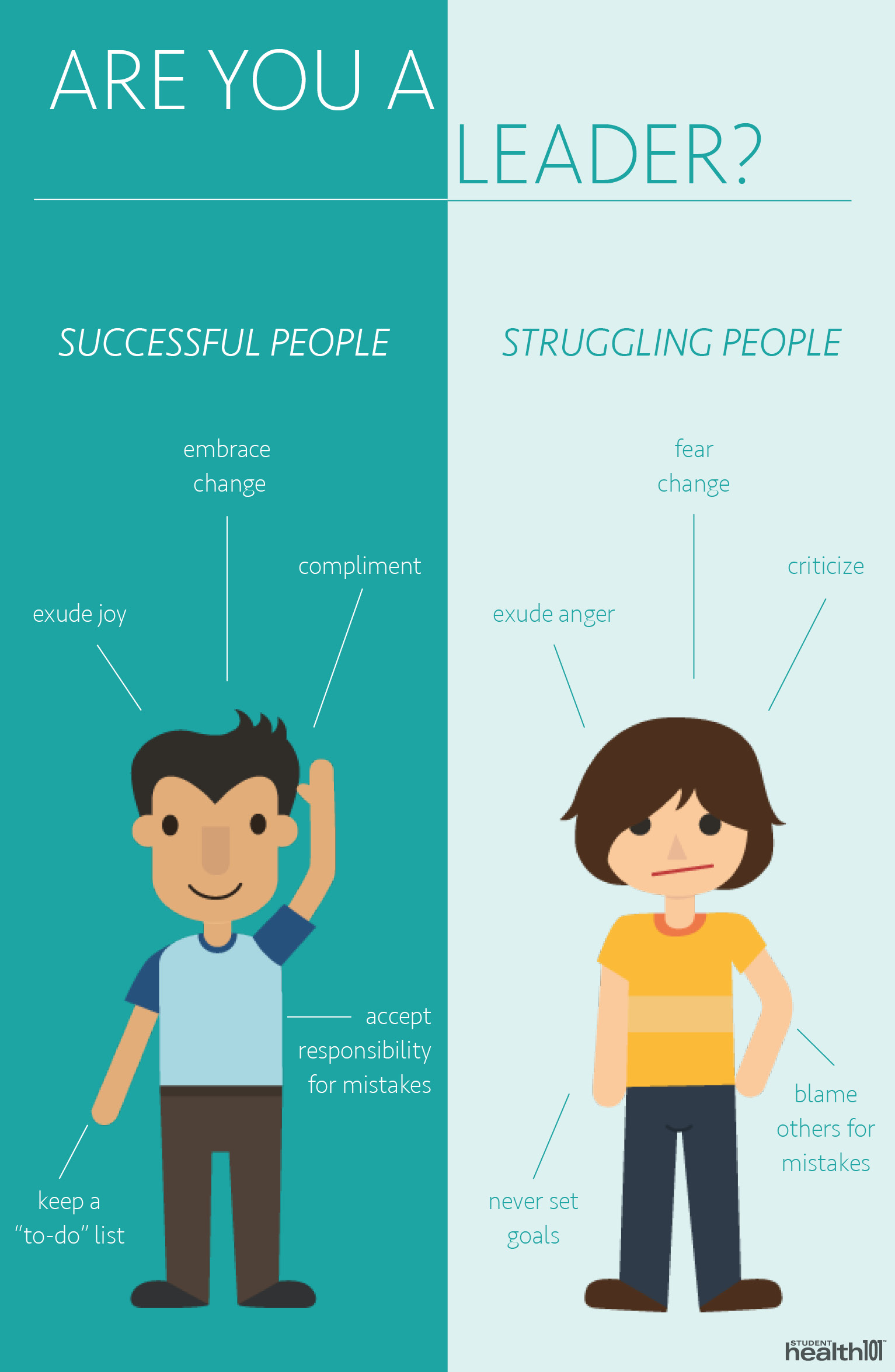The job prob
How learning to lead can help you succeed
 |
Midterms month: time to evaluate our national or local leaders, get into bitter online arguments, and even vote. But as much as we complain when our leaders fall short of our expectations, we all know that leadership is a profoundly important resource in both civic and professional life. And even if we’re not headed for politics, we’re all headed for the job market.
In the context of your career, you might be wondering:
- What exactly is professional leadership?
- What will leadership skills mean for my current or future career?
- Which personal characteristics are the most important for leadership?
- What if I don’t have a “leader’s” personality or skill set?
- How can I gain leadership experience as a student?
- How can I present those skills to current or future employers?
For stories of two students who developed their leadership skills in different ways, read further.
studentvoice

Developing women leaders as political activists
Jennifer Belanger, 26
Northern Maine Community College in Presque Isle
Degree: Computer electronics
Program
The Maine NEW Leadership program allows college women from Maine to learn more about civic life and public office and develop as political leaders. Participants spend six intensive days learning about women’s history in politics and the political process, interacting with female politicians, and reflecting on their own strengths and skills.
More information on Maine NEW Leadership.
What & why
“I have ADHD and social phobia, [and] I’d never been an outspoken person,” says Jennifer. Then she applied to Maine NEW Leadership.
“I met a lot of great politicians. My favorite was Senator Emily Cain, who personally helped me through a bit of a hardship [during the program]. I registered to vote, finally chose a party, and did some networking even though I was scared out of my wits to speak to such important people.”
After
“I now go up to people and introduce myself. I’m not afraid to voice my opinions.” Jennifer believes the self-confidence she developed in the program is advantageous in the information technology field, where women are a minority.
New goals
“I want to be an active member of my community, whether in politics or just helping out as much as I can.”
Advice
“When someone labels you in a way that hinders what you want, ignore them and reach for the stars. You get as much out of [an experience] as you put in.”

Developing leaders through discipline
Jeremy Flint, 33
University of Central Arkansas, Conway
Degree: History with a minor in military science
Program
The Army Reserve Officers’ Training Corps (ROTC) provides men and women with an opportunity to prepare for service in the Army. “We make leaders from day one,” says Major Todd Gray, associate professor of military science at the University of Central Arkansas in Conway. Students who enroll in the ROTC learn leadership skills that can apply in the Army or on the job.
More information.
What & why
“I was very quiet. I wanted to be a leader, but I wasn’t trained or taught to be one,” says Jeremy. “The program is very challenging, but rewarding. Waking up at 5am and going to the field for infantry tactic training has had a huge impact on me. I am learning [that] I can withstand [a lot] of stress and pressure.”
After
Commanding his own troops has expanded Jeremy’s leadership skills: “I have grown as a leader. I am no longer that quiet individual I was before joining ROTC.”
New goals
“Because I’ve learned time and stress management and self-discipline, I’ve earned above a 3.0 GPA,” says Jeremy. He is committed to improving academically and taking on the challenges of being a command leader.
Advice
“Don’t be afraid to try new things, prepare yourself for hard work, and learn from your mistakes. Leadership comes from everything you do.”

Which qualities do you most admire in our national leaders?
“I admire people who do not strive for fame but work hard fighting for human rights and equality.”
Dana G.*, fourth-year student at the University of Victoria, British Columbia, Canada
*Name changed for privacy
“I admire anyone who knows the value they bring to the table. Everyone has different sets of skills and talents. Also I respect those who know when to let others shine and step back.”
Jorge Z., third-year student at Edgewood College, Madison, Wisconsin
“I admire any person who not only looks out for our country financially but also socially. America is one of the newest countries that holds any power in the world. I pride myself on our ability to accept differences and be pro-social change.”
Elaine R., fourth-year student at Towson University, Maryland
“Anyone who is self-sacrificing. Who puts themselves last. Who does not have an agenda.”
Laura E., University of West Georgia in Carrollton
Which US politicians do students most admire—and most despise?
Most admired:
- Hillary Clinton [D] Former Secretary of State
- George W. Bush [R] Former President
- Elizabeth Warren [D] Senator
- Barack Obama [D] President
- Ron Paul [R] Former Representative
- Bill Clinton [D] Former President
- Ronald Reagan [R] Former President
Most despised:
- Hillary Clinton [D] Former Secretary of State
- George W. Bush [R] Former President
- Barack Obama [D] President
- John Boehner [R] Speaker, House of Representatives
- Mitt Romney [R] Former Presidential nominee
- Sarah Palin [R] Former Vice Presidential nominee
- Paul Ryan [R] Representative
Source: Student Health 101 survey. 750 students responded to this question.
Students’ top leaders: dead or alive
- “My mother”
- Martin Luther King Jr.
- Barack Obama
- Jesus Christ
- Abraham Lincoln
- F.D. Roosevelt
- Mahatma Gandhi
- Nelson Mandela
- Ronald Reagan
- Bill Clinton
- “My father”
Source: Student Health 101 survey. 780 students responded to this question.
Which personal qualities do students rank highest for leadership?
- Confidence
- Communication
- Honesty
- Ability
- Organization
- Respect
- Decisions
- Good listener
- Trustworthy
- Empathy
- Patience
- Motivation
- Caring
- Reliable
- Open-minded
Student Health 101 survey, June 2014
studentvoice






